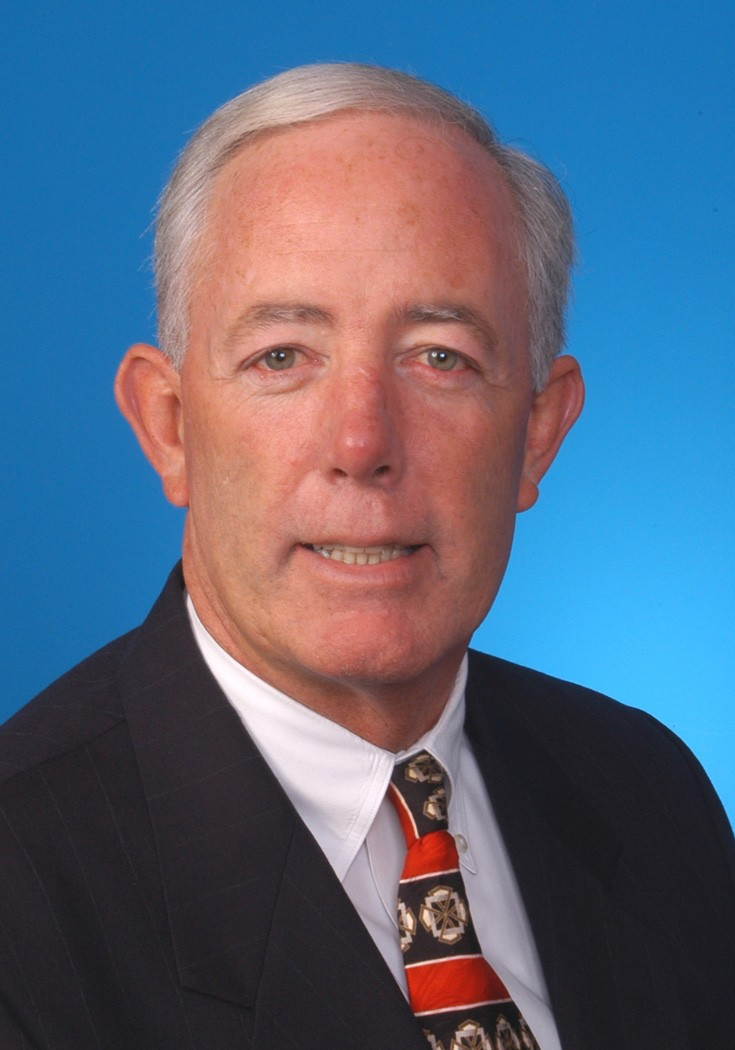Three health system CFOs from across the country weigh in on how they have met the challenges of the changing CFO role, the most important things CFOs in the healthcare industry can do today and how to overcome anticipated challenges in their field.
Note: Answers have been edited for length and clarity.
Participants
Kevin Brennan, executive vice president of finance and CFO at Danville, Pa.-based Geisinger Health System
Gordon Crabtree, CFO of University of Utah Hospitals and Clinics in Salt Lake City
JoAnn Kunkel, Corporate CFO of Sioux Falls, S.D.-based Sanford Health
Question: How has the role of health system CFO changed in the last five years? What have you done to adapt to meet the new challenges?
Mr. Gordon Crabtree: The CFO role has changed for both external and internal business and clinical activities. Internally, there has been an expanded need for the entire healthcare team to understand at the patient level, the physician level and the disease level the costs and economics that drive value and quality. This requires a number of changes, such as including non-financial employees in business strategy and decision making.
The CFO must also help develop strategic alignment between the physicians and must push for efficient care delivery at a level that ensures financial stability of the clinical enterprise. New revenue payment models together with slower revenue growth rates, requires an enhanced business relationship between the CFO and physicians.
In addition, as payer rates decline and as payers push to develop simplified payment models, the CFO must be more involved in negotiations between payers and the health system. Modeling of the new payment methodologies by the health system contracting team is key to ensuring risk sensitive levels of revenues are received that will cover all aspects of care and its many complexities and costs.
Ms. JoAnn Kunkel: I believe the role of the CFO has become an invaluable strategic position, particularly in the last five years. With population health, development of narrow networks, leading with quality, etc., the traditional CFO role does not exist anymore.
Vital to the role of today's system CFO is the ability to lead as well as participate with the entire executive team in understanding what is on the horizon, what the changing opportunities are and in forming strategic initiatives for future success.
Mr. Kevin Brennan: The CFO position continues to require a greater emphasis on strategic planning, as well as increased knowledge related to merger and acquisition transactions and skills in population health management.
In adapting to the new challenges faced by CFOs, one must focus on best practices, standardization and balanced investments for both short and long-term objectives.
 Q: What is the most important thing a health system CFO can do today?
Q: What is the most important thing a health system CFO can do today?
GC: The most important thing a CFO can do today is develop an understanding among health system senior leaders regarding future implications from the decisions they are making every day. The CFO must ensure impact analysis for decision making includes both long-term and short-term implications.
JK: The most important thing a health system CFO can do today is to be a partner to the operations executives. Strictly looking at the numbers can be very limiting without a complete understanding of the underlying opportunity and strategy. When partnering with the operations team on strategy, it is important to be transparent with the data and financial information and educate them on the impact. But you quickly need to move past the numbers and look toward the strategy itself and its impact on the organizational success factors.
KB: One of the most important things a CFO can do is to build and maintain a strong balance sheet, while focusing on devoting core competencies to succeed in a pay-for-value environment.
Q: From a financial standpoint, what do you believe will be the biggest challenge health systems will face in coming years? What should they do to overcome this challenge?
GC: I believe the biggest challenge will be the squeeze of health system revenues as key federal and state healthcare program budgets are declining on a per person basis. Fewer future taxpayers will exist to pay for the growing government participants in the healthcare programs of Medicaid and Medicare. The government will likely drop the overall per person calculations that drive the patient rates healthcare systems are paid. Commercial payers often mimic the government trends. Therefore, we will likely see declining inflationary and relative revenue growth rates from commercial payers too.

JK: Financially, as healthcare moves into a more risk-based payment model, one of the biggest challenges will be having the ability to move at the right time and at the right pace. Overlapping risk-based reimbursement with traditional fee-for-service creates an environment where you have to develop different sets of metrics, analysis and models and you have to have the ability to move between them at an undefined pace. Engaging and educating operations in understanding risk-based models is critical to success.
KB: Some of the biggest challenges in the hospital and health system environment today relate to government and exchange payment rates, which require renewed focus on productivity and cost efficiency.
A CFO should focus on repositioning their capacity to be effective and efficient in an environment increasingly focused on ambulatory solutions for their communities.

